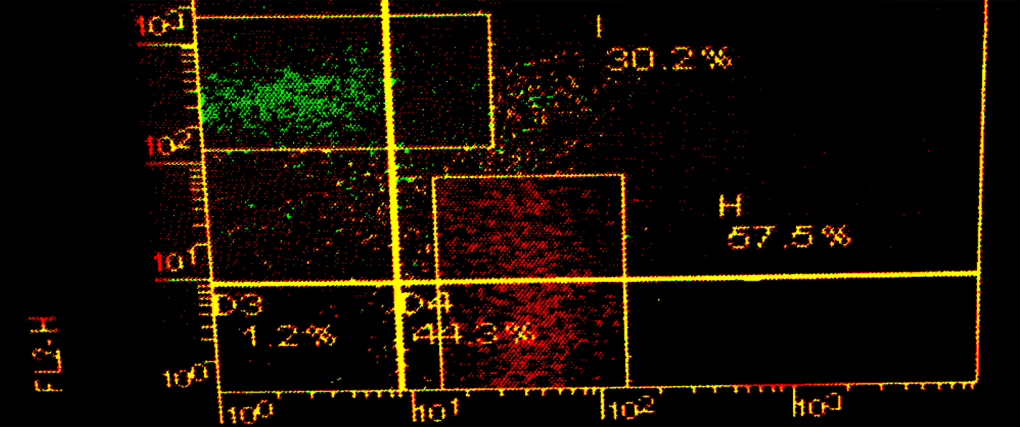
MB Research offers a novel in vitro sensitization screening assay (IVSA) that can be used to identify dermal sensitizers using 3D human dermal tissue equivalent models.
Allergic Contact Dermatitis (ACD), the clinical manifestation of contact sensitization, can be caused by dermal exposure to pharmaceuticals, industrial chemicals, consumer products and cosmetics. This is a serious health concern to consumers and governmental regulatory agencies alike. Contact dermatitis can cause physical, emotional and occupational issues for those affected, with an estimated annual cost of $1 Billion. Substances are routinely tested for sensitization potential in laboratory animal studies, such as the Local Lymph Node Assay.
We have developed an in vitro assay that uses a 3D human differentiated epidermal tissue model that closely parallels human skin, that is composed of human-derived epidermal keratinocytes cultured to form a multilayered, highly differentiated model of the human epidermis. Keratinocytes are the outermost component of skin and provide the first line of defense to chemical exposure. In response to allergens, keratinocytes are capable of producing a wide range of pro-inflammatory cytokines. Evidence suggests that the cytokine IL-18 is an essential component of dermal sensitization.
IL-18 secretion into the tissue culture medium is measured after a 24-hour topical exposure of 12 sensitizers and 5 irritants/non-sensitizers. A Stimulation Index (SI) was calculated relative to the solvent vehicle for each test material; a material with an SI ≥1.6 was considered a positive sensitizer.
IVSA can be integrated with other in vitro sensitization screening tests to provide a more robust determination.
For more information, check this out.